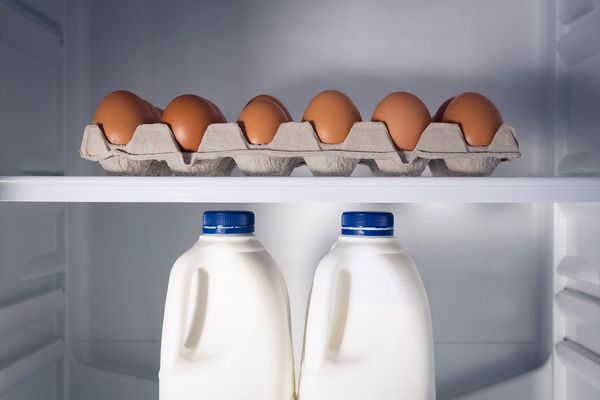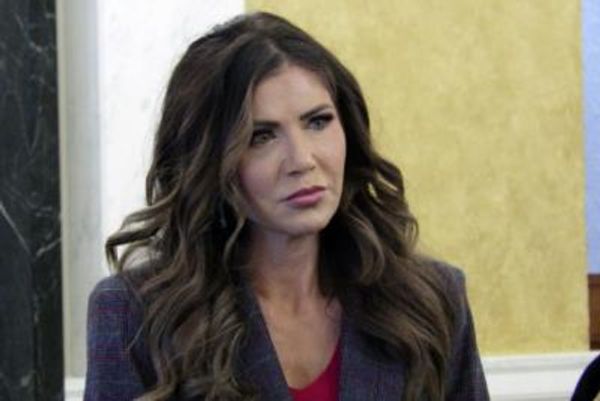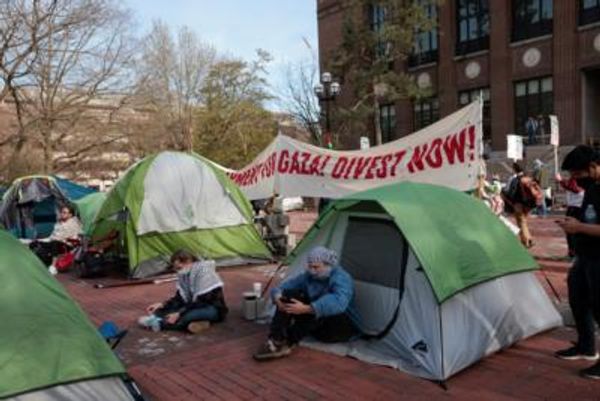
Is the Coalition about to start a new bout of infighting over renewable energy and climate change? When Barnaby Joyce’s New England electorate council proposed at last year’s Nationals conference that the party abandon its support for net-zero emissions by 2050, it was interpreted by some as an attempt to destabilise David Littleproud’s leadership.
Now Littleproud himself has escalated the debate over the country’s path forward, telling The Sydney Morning Herald that regional communities and farmland can’t handle any more renewable energy projects and suggesting Australia should downgrade its Paris Agreement commitments.
“We have now got to a saturation point in regional Australia from these renewable projects of industrial scale … there is a case to constrain future renewables to simply solar panels on rooftops where the population is concentrated,” he was quoted as saying.
When the motion on the 2050 target was submitted to the Nationals conference, some Liberals were reportedly worried another toxic Coalition debate about climate policy would damage the opposition’s reelection chances.
It’s worth asking whether Littleproud’s new comments — which he made as anti-renewables protesters gathered on the lawn in front of Parliament House — will prove politically costly or a vote-winner for the Coalition. It’s also worth asking what the Nationals’ alternative energy plan would be. “Solar panels on rooftops” alone won’t solve Australia’s energy woes. Many in the Coalition are interested in exploring nuclear power as an alternative energy source, but that wouldn’t become feasible for decades, even if bans were lifted. Plus, as a recent failed venture in the US shows, it would likely be too costly to be commercially viable.
It may be that the only option left for the Nationals is to continue to prop up Australia’s ageing, costly and polluting coal plants, or radically expand reliance on gas, leaving consumers hostage to the kind of frightening spike in prices caused by the Russian invasion of Ukraine.
Having said all of that, Littleproud is right in saying people in affected regions are wary of the ongoing renewables rollout. A community engagement review by the Australian Energy Infrastructure Commissioner released last week found 92% of respondents were dissatisfied with the extent of local community engagement by renewable energy project developers.
Andrew Bray, national director of energy transition advocacy organisation RE-Alliance, told Crikey community engagement was the most urgent challenge for the government to overcome.
“There needs to be much better information, so that people understand why renewables projects are proposed and why they’re important to our lifestyle,” he said. “It’s understandable that there’s concern and worry about new projects, and there needs to be proper engagement with the communities who live in the places where renewables and new transmission [networks] are being built.
“You need a mix of energy sources: wind, solar, backed up by batteries, and connected for transmission. That’s crucial for rural Australia. Farming businesses and regional manufacturing need cheap and reliable energy.”
As Crikey reported earlier in the week, making Australia a “renewable energy superpower” was one of the commitments Anthony Albanese made in his election night victory speech, and his government has since taken some promising steps forward.
However, the government isn’t on track to meet its goal of increasing the share of renewables in the national electricity market to 82% by 2030, partly because of delays in approvals for new high-voltage power lines. By that same year, emissions should be reduced by 43% in order to meet another government target.
Littleproud said, “Labor has set a target that they’re not going to achieve … Labor can’t achieve their 2030 target in any way, shape or form.” It may be that he’s right.
Albanese also committed to “ending the climate wars”, but as this week’s debate shows, that might be easier said than done.







